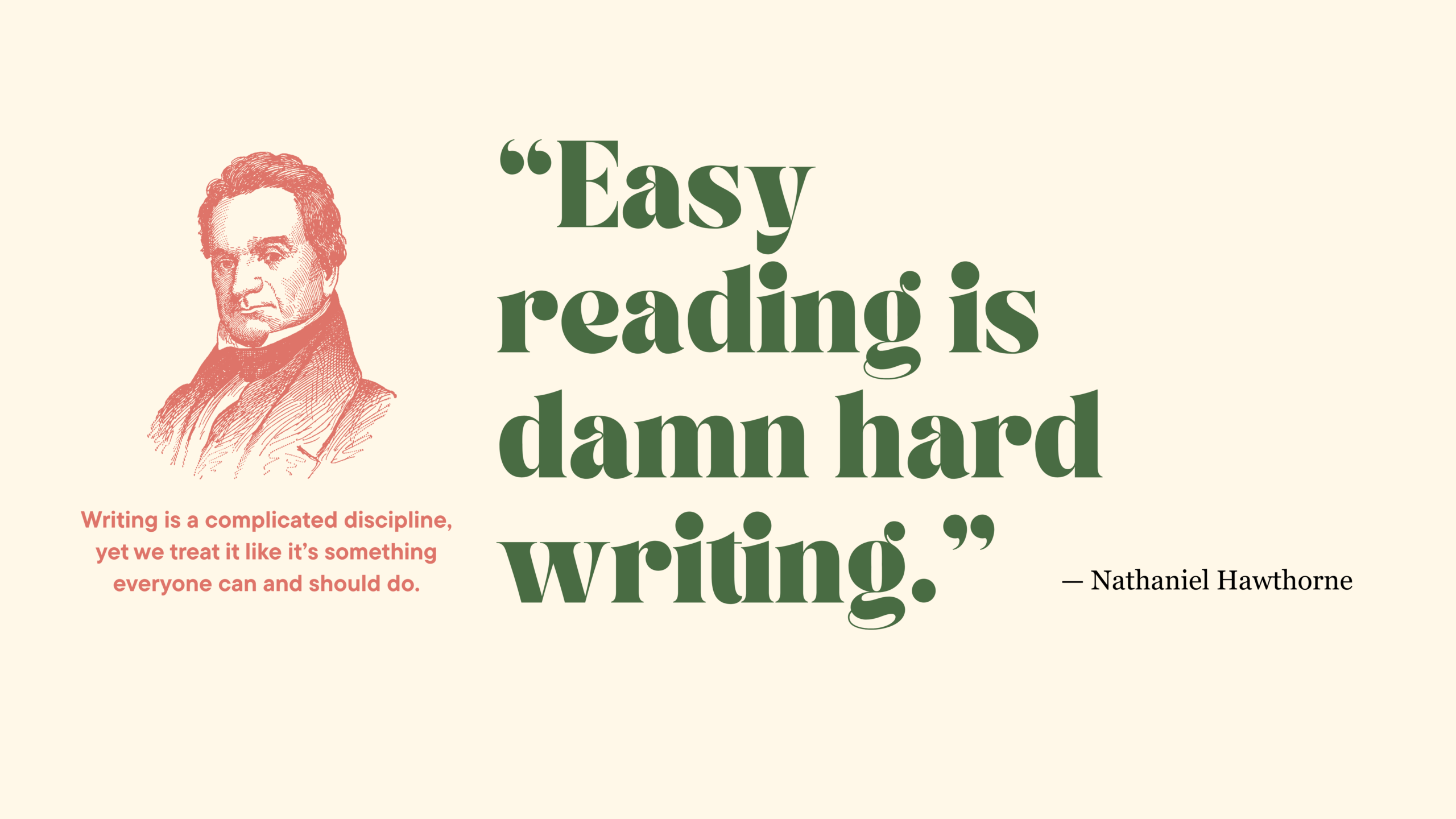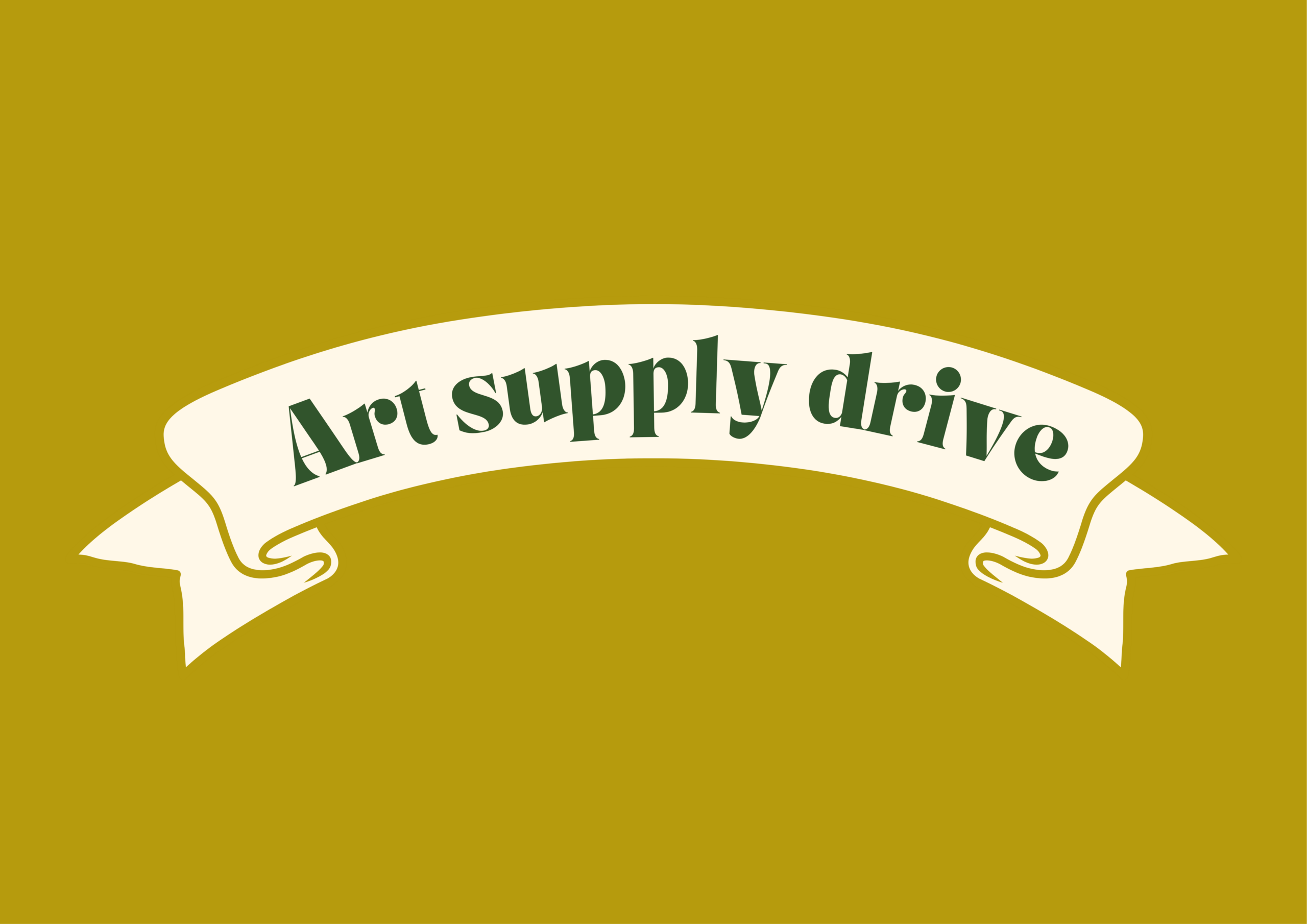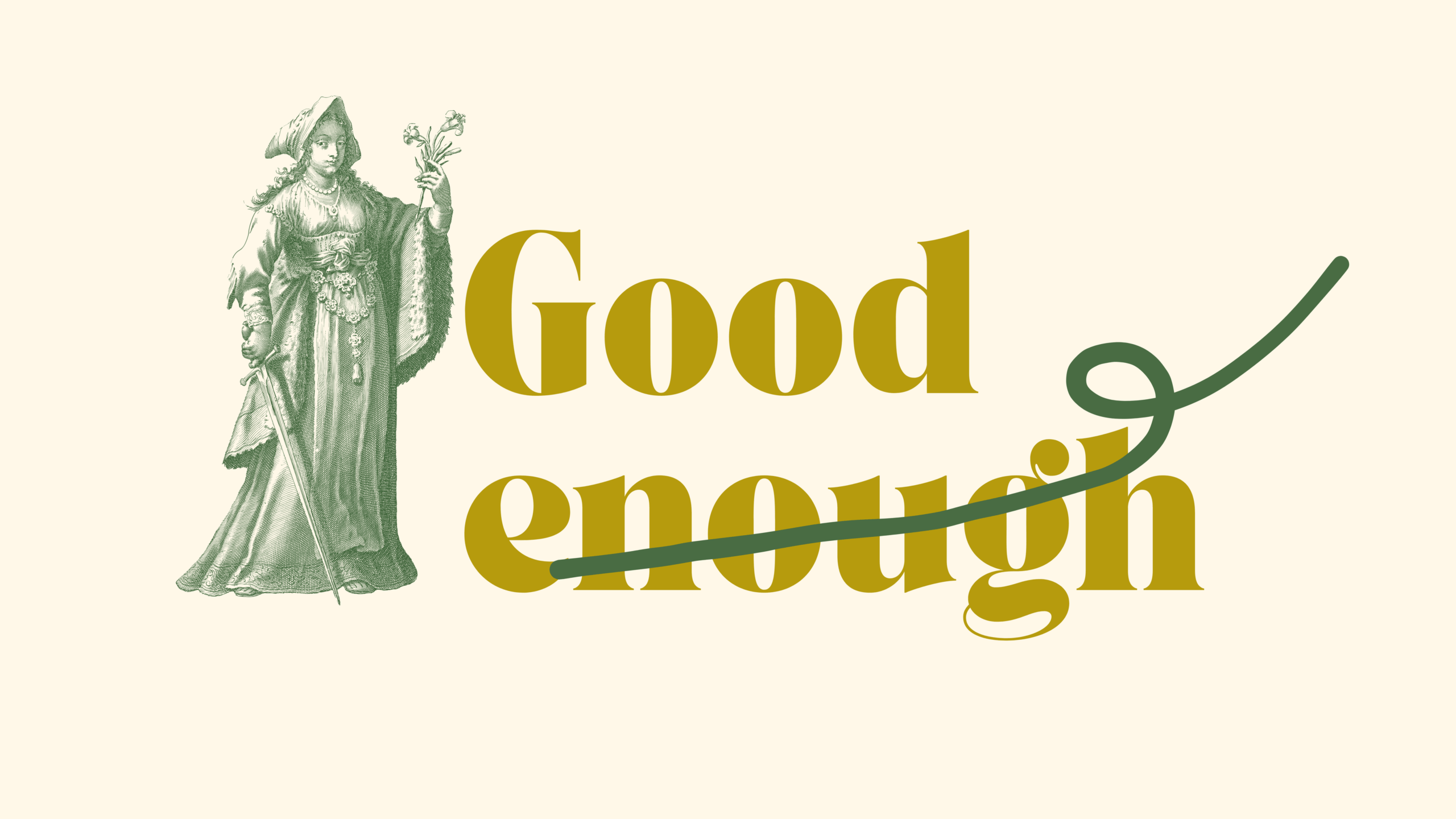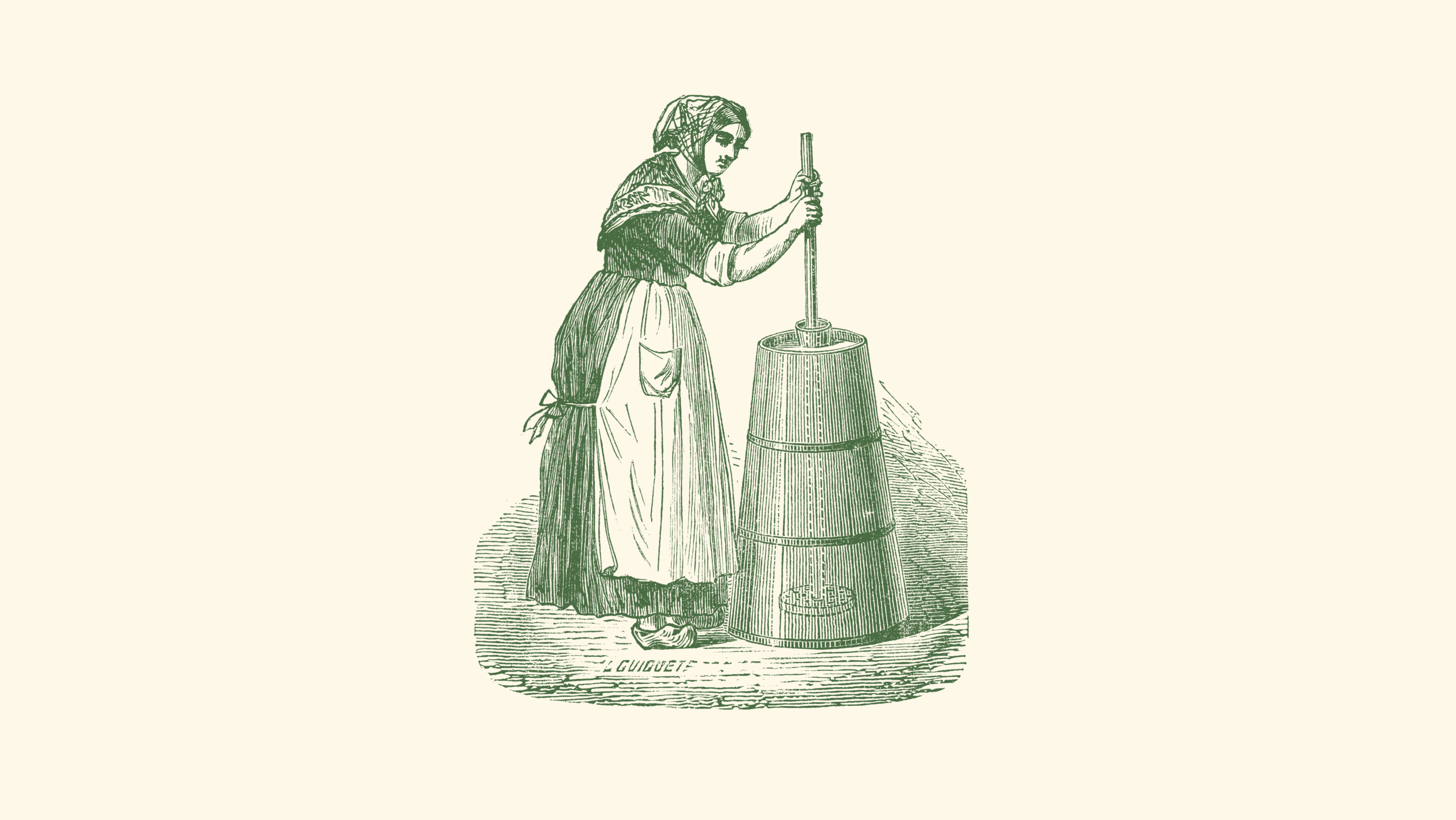And how to make it less painful, more powerful, and way more purposeful
If you’ve ever sat at your desk, stared at a blinking cursor, and seriously contemplated throwing your computer out the window, you’re not alone.
As a professional writer I used to do this almost every day.
Writing is everywhere in nonprofit work: grant proposals, appeal letters, emails, social posts, blogs, reports, speeches, board updates, and more. You’re expected to write clearly, quickly, and convincingly.
It doesn’t take much to feel the overwhelm!
But the frustration isn’t usually because you’re bad at writing and communicating. The issues might originate from being asked to do too much with too little structure and no breathing room.
Let’s dig into why writing feels so hard, and what you can do to make it feel more manageable and impactful for your mission-driven business or organization.
Why writing feels frustrating
Writing taps into some of the most vulnerable parts of ourselves.
It’s where ego fights feelings of inadequacy every time someone marks up your work with a “this is a good start,” or “I offered some suggestions.”
You’re multitasking many different areas with many different technical applications
Appeals and grants
Social media and newsletters
Blog posts and web content
Board reports and press releases
Event scripts and speech drafts
Editing someone else’s work (ugh)
It’s a lot, and I know that’s a short list.
Writing hurts the ego
Even experienced communicators struggle with:
Writer’s block
Weird feedback
Vague revisions
“This just doesn’t sound right…”
Group editing
Feeling like no one will read it anyway
Remember this, too: most of us think we can write, which makes it harder to set boundaries around your own expertise.
Why writing less is more
Here’s a bit about why saying no to content volume for volume’s sake is the right strategic decision in many cases:
High-quality content lasts a long time
One thoughtfully crafted piece can last for months (or even years).
Think about it like this: a blog post can turn into a donor email, then a case study, then a grant excerpt, then an event talking point! The possibilities really are endless, you guys.
HubSpot reports that 10% of content accounts for 38% of website traffic. That’s the power of evergreen content!
Fewer, more polished pieces encourage high levels of trust
People know quality when they see it. One great LinkedIn article can bring 10x the engagement of 10 generic posts.
68% of donors are more likely to give again after receiving a compelling follow-up story. – Tech for Good
Get time back for meaningful work
When you focus on a few strong projects:
You get time to actually edit
You can design better visuals
You improve distribution and reach
Let’s get weeding: clean up your comms garden
Great writing is like gardening. You don’t need to grow everything. You need to grow what matters most.
Create one pillar piece each quarter
Anchor your content strategy around a single, high-value story, ike:
A donor impact profile
A program highlight
A staff feature
A behind-the-scenes process story
From that, you can pull:
Social media snippets
Newsletter copy
Video scripts
Fundraising appeals
Prune low-performing platforms
If a channel isn’t engaging your audience, and it’s costing you time—let it go.
Ask:
Is it helping drive donations, signups, or engagement?
Does it reach our people?
How much time does it take to maintain?
Focus your energy where you see real mission impact.
Eliminate group edits
Group editing is death by a thousand cuts. Instead:
Assign a single owner/editor
Let others review via comment-only
Set a deadline for input
Embrace a newsroom mentality
Imagine your comms team as a small, scrappy newsroom:
You interview your experts
You draft quickly, revise strategically
You sharpen the voice with editorial clarity
You produce fewer but stronger stories
It doesn’t work for every team, but when it works? It changes your communications flow and creates less stress and more time.
Save your sanity
Doing less and focusing on quality is truly sustainable and strategic.
By reducing writing fatigue, you’ll produce work you can actually be proud of. You’ll build a reputation for thoughtfulness and clarity.
ABOUTLonna Whiting is Garden’s founder and editor-in-chief. She has more than two decades of experience in content marketing, journalism, fundraising communications, and public relations. #ENDALZGET IN TOUCHlonna@gardencommunications.com




